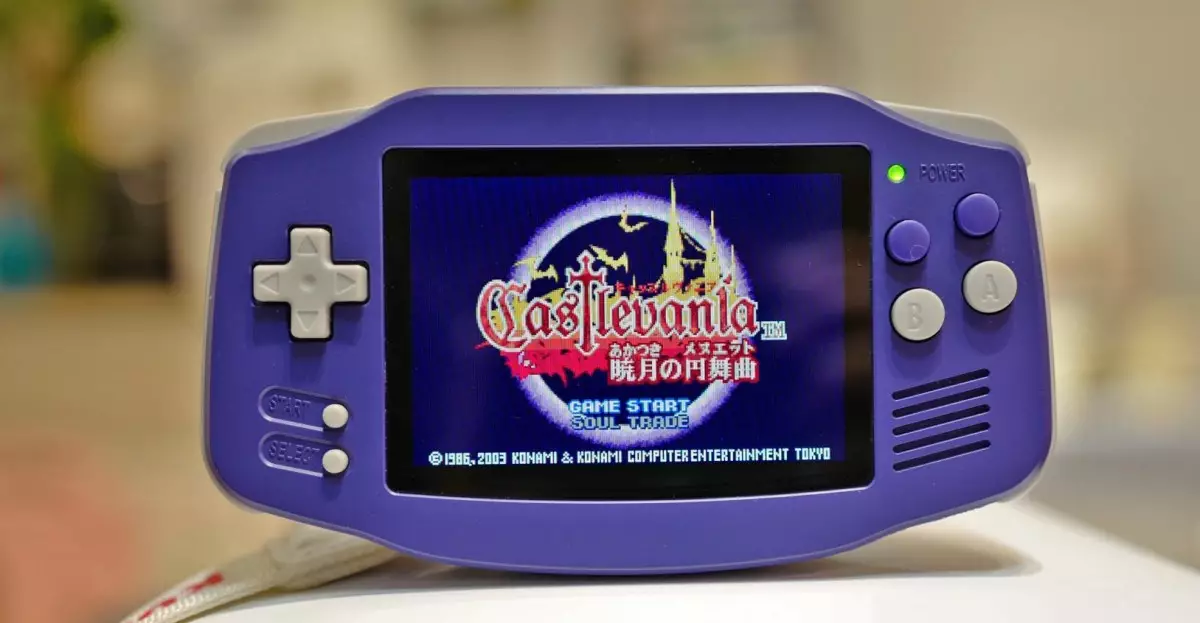In a landscape where nostalgia intertwines seamlessly with technology, Anbernic’s handheld gaming devices have gained immense traction among retro gaming enthusiasts. These affordable clones of Nintendo’s iconic Game Boy have democratized access to retro gaming, often being available for as little as $70. However, the tide is shifting rapidly due to proposed tariffs on Chinese goods that threaten not only Anbernic’s operations but also the very existence of these beloved consoles in the U.S. market. The looming specter of a staggering 245 percent tariff makes one thing clear: gaming as we know it is on the brink of disruption.
Understanding the Tariff Impact
The economic ripples from imposing heavy tariffs are profound and multifaceted, reaching beyond mere pricing adjustments. For small to mid-sized companies like Anbernic, the risk is existential. The company’s startling decision to suspend all shipments from its Chinese warehouse is a tactical retreat in response to the unpredictable nature of U.S. import regulations. Companies that rely on drop-shipping directly from overseas are particularly vulnerable when geopolitical tensions and trade policy reconfigurations occur. Anbernic’s hesitation signals a crucial pivot point for both the company and its clientele; the U.S. market is not merely contemplating price hikes but the very availability of affordable gaming hardware.
The Shift Toward Local Warehousing
Amid these struggles, Anbernic has advised its customers to prioritize products shipped from its U.S. warehouse, a strategic move to maintain customer confidence despite the external pressures of tariff policy. This solution highlights a growing trend where companies must adapt by relocating some logistics closer to their consumer base, thereby reducing exposure to international commerce challenges. However, Anbernic’s pre-existing U.S. warehousing options were not a direct response to tariff threats but a previously employed strategy that emphasized efficiency and sped-up delivery times. Still, this presents a mixed message: it underscores that even with local warehousing solutions, the uncertainty surrounding tariff enforcement remains unresolved.
A Market Compromised by Competition
Anbernic’s moment of crisis isn’t just a standalone incident; it’s symptomatic of larger systemic issues affecting the larger market, signaling caution among consumers. The competitive landscape of retro gaming has numerous players, and as tariffs come into effect, the attractiveness of budget-friendly offerings may dwindle. Curious fans of retro games might find solace in companies like RetroTINK, another firm that has similarly paused shipments, illustrating that uncertainties are compelling many smaller industry leaders to adopt a wait-and-see approach.
There’s a chilling effect that tariffs impose on innovation where companies that once thrived in the affordable technology space must scramble for alternative solutions or pivot their business models entirely. The potential price inflation can drive customers back to second-hand markets or make cheap alternatives scarce, establishing a new normal where gamers are forced to prioritize nostalgia over affordability.
Consumer Sentiment and Future Trends
While the business side grapples with daunting challenges, consumer sentiment reveals the deeper implications of these tariffs. Enthusiasts are not just passive observers; they exhibit fierce loyalty to the brands that made retro gaming accessible. The anxiety surrounding tariff implications resonates within the gaming community, contributing to a push for transparency and dialogue between consumers and manufacturers. As tariffs threaten to decimate exciting advancements, consumers are left contemplating whether the treasures of their childhood will remain intact or fade into the annals of gaming history due to financial constraints.
These emotional connections underscore the importance of game cloning companies like Anbernic in keeping the spirit of nostalgic gaming alive. Unfortunately, as tariffs loom ominously on the horizon, both consumers and manufacturers alike find themselves standing at a precarious juncture, with equal stakes in the future of affordable gaming. The winds of change are blowing, and the vibrant culture of retro gaming hangs in a delicate balance.

